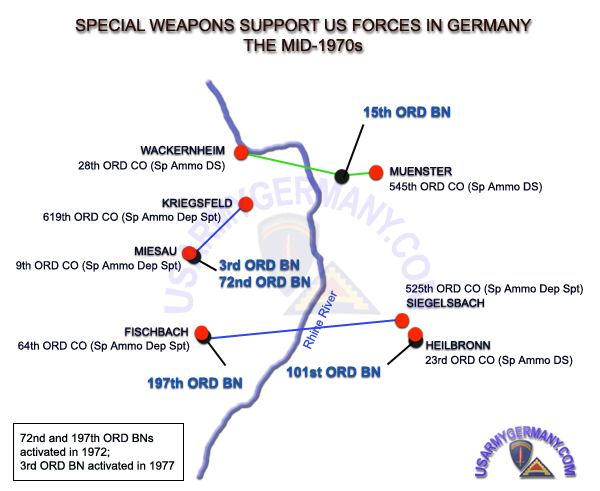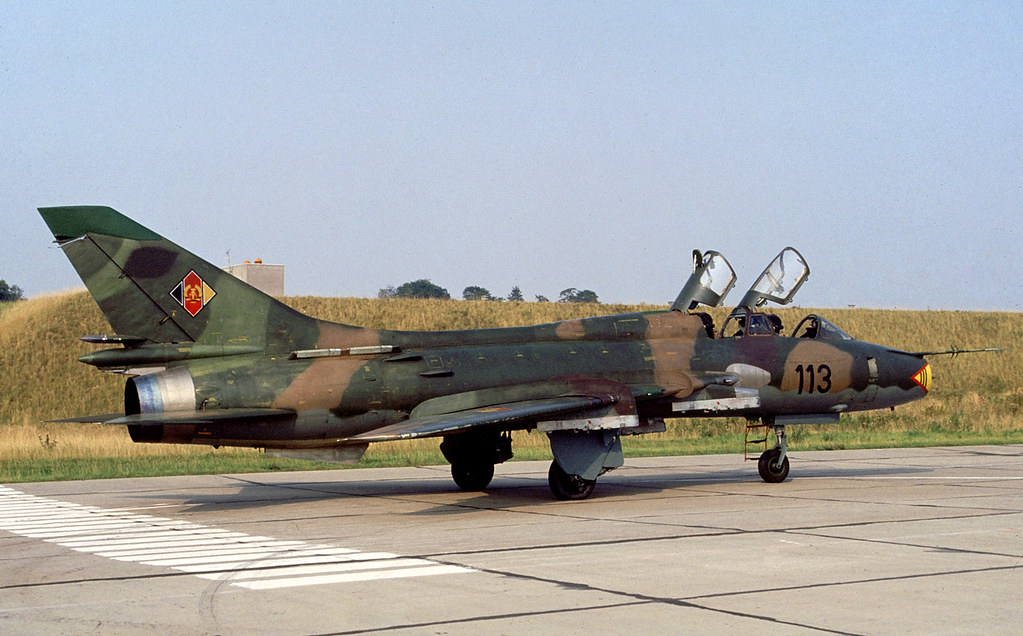It was going to be a whirlwind of a week for her, as the newly elected Chancellor of the Federal Republic of Germany. Her schedule was crammed with meetings and briefings; as she looked at her calendar to prepare for the day, most of what she could see was predictably routine. Meetings with the Finance Ministry, the Foreign Ministry, a press conference after a working lunch, followed by a briefing from the Defense Ministry, followed by....a "Special Security Issues" meeting with an Admiral from the Bundesmarine...and only that Admiral. She quietly wondered what the hell that was going to cover. She'd end the day with party meetings, followed by a political dinner. A long day indeed.
The first meetings were mostly what she'd expected. She wasn't surprised that the government finances weren't quite what the opposition had indicated, and she wasn't exactly looking forward to that mini summit with the Russian President either. The Defense Minsitry's briefing wasn't exactly news to her; she'd served as the shadow to the Defense Minister four years ago; she'd had intense discussions about increasing the Bundeswehr's strength by a full division in light of greater European tensions, and there were discussions about replacing the older Tornado strike aircraft with the chief of the Luftwaffe. Soon the meeting was running over, and the three others left, leaving her with the Admiral in charge of the fleet.
He spoke: "So, you're wondering what the hell the next briefing is about, every Chancellor always does. Although the meeting is listed as taking place with me, you're actually going to be briefed by Konteradmiral Schmidt. For the purposes of public record, the meeting concerns political and military intelligence about Russian intentions towards NATO and the Federal Republic. Here's a summary you're going to have to read anyways. That's not what the meeting is about."
Another man entered the room. "Gerhard here is going to tell you what the meeting is actually about; we'll talk about reintroducing fixed wing strike fighter capability to the Bundesmarine's air arm next week."
The senior admiral left the room. Her interest was piqued.
"So what the devil is all this about. It takes up a full hour of my schedule on the first day, so it must be important, complex, or interesting."
"Chancellor, I'm here to brief you on the procedures surrounding the Federal Republic's special weapons capabilities."
"You mean what happens if NATO were ever to have to use the B61 gravity bombs stored in the hardened aircraft shelters at Buchel airbase?"
She quietly felt disappointed. She'd expected something more intriguing than this."
"No, I'm not talking about those nuclear weapons. I'm talking about our nuclear weapons."
Her jaw dropped. Expectations exceeded.
"You're telling me that the Federal Republic built nuclear weapons, and neither Washington nor Moscow knows about them. How the hell....."
"You're mistaken Chancellor, the Federal Republic never had a nuclear weapons program. Erich Honecker did. We inherited them. Kohl made the decision to keep them around."
"Well, how the hell did the Ossis get the bomb....?"
"Chancellor, that's what the hour is for. Every chancellor always wants to hear the story....."
The first meetings were mostly what she'd expected. She wasn't surprised that the government finances weren't quite what the opposition had indicated, and she wasn't exactly looking forward to that mini summit with the Russian President either. The Defense Minsitry's briefing wasn't exactly news to her; she'd served as the shadow to the Defense Minister four years ago; she'd had intense discussions about increasing the Bundeswehr's strength by a full division in light of greater European tensions, and there were discussions about replacing the older Tornado strike aircraft with the chief of the Luftwaffe. Soon the meeting was running over, and the three others left, leaving her with the Admiral in charge of the fleet.
He spoke: "So, you're wondering what the hell the next briefing is about, every Chancellor always does. Although the meeting is listed as taking place with me, you're actually going to be briefed by Konteradmiral Schmidt. For the purposes of public record, the meeting concerns political and military intelligence about Russian intentions towards NATO and the Federal Republic. Here's a summary you're going to have to read anyways. That's not what the meeting is about."
Another man entered the room. "Gerhard here is going to tell you what the meeting is actually about; we'll talk about reintroducing fixed wing strike fighter capability to the Bundesmarine's air arm next week."
The senior admiral left the room. Her interest was piqued.
"So what the devil is all this about. It takes up a full hour of my schedule on the first day, so it must be important, complex, or interesting."
"Chancellor, I'm here to brief you on the procedures surrounding the Federal Republic's special weapons capabilities."
"You mean what happens if NATO were ever to have to use the B61 gravity bombs stored in the hardened aircraft shelters at Buchel airbase?"
She quietly felt disappointed. She'd expected something more intriguing than this."
"No, I'm not talking about those nuclear weapons. I'm talking about our nuclear weapons."
Her jaw dropped. Expectations exceeded.
"You're telling me that the Federal Republic built nuclear weapons, and neither Washington nor Moscow knows about them. How the hell....."
"You're mistaken Chancellor, the Federal Republic never had a nuclear weapons program. Erich Honecker did. We inherited them. Kohl made the decision to keep them around."
"Well, how the hell did the Ossis get the bomb....?"
"Chancellor, that's what the hour is for. Every chancellor always wants to hear the story....."
Last edited:






